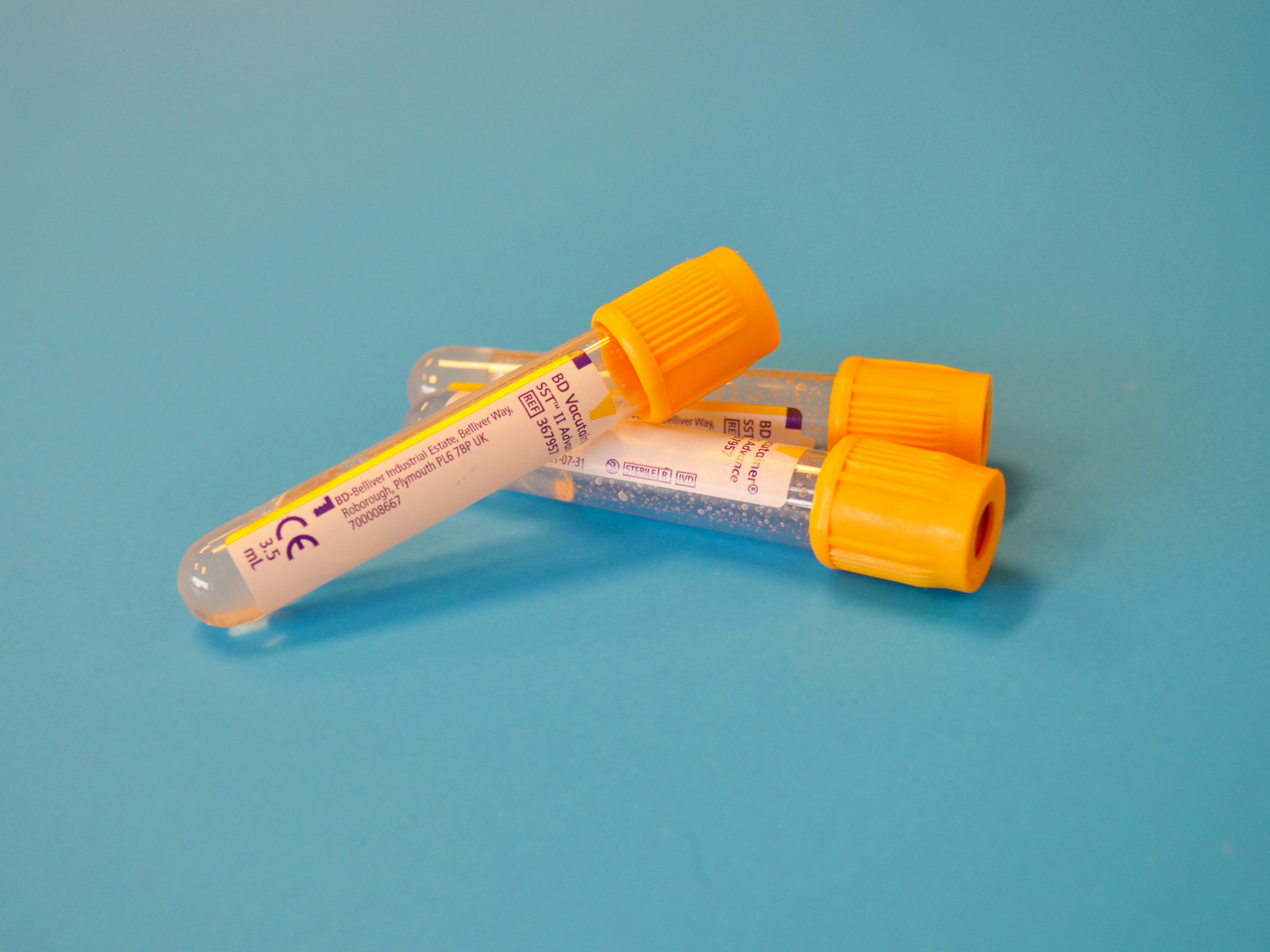Is there a diet that's best for PCOS?
Diet plays a major role in PCOS. According to the research, a Mediterranean-style diet with a lower carbohydrate intake (especially high glycemic index carbs) as well as an elimination or reduction in dairy has the most beneficial results on menstrual regularity, androgen, glucose and insulin levels.
A strict, zero carbohydrate or extremely low carbohydrates along with strict dairy elimination will offer good lab results. However, it is important to consider feasibility of this diet. PCOS is a life-long condition, so the dietary changes made should be sustainable and not overly restrictive or else they will not work.
Another nutritional strategy for those with PCOS is caloric restriction. In general, a restriction of overall calories provides beneficial results to those with PCOS. Caloric restriction may not be for everyone, and this is a strategy to work on with a healthcare professional. It can be helpful to track your average caloric consumption over a week or two to understand your baseline and then work with a professional to change as necessary.
Nutrition Tips
Get rid of processed foods such as chips, cookies, baked good, frozen dinners and candy before you start measuring out the amount of rice you are eating. If you already have a fairly well-balance diet, try limiting your intake of cow’s milk dairy and starches. There is no need to go completely carbohydrate free, just make sure the carbohydrates you consume are accompanied by enough fibre to limit glucose spikes. Focus on adding in more lean proteins, vegetables and low glycemic index fruits like berries into your diet.
Which supplements can benefit someone with PCOS?
Myo-Inositol
Can sensitize the body to insulin, restore egg quality and regulate menstrual cycles. A great supplement especially for those with PCOS looking to get pregnant.
N-Acetyl-Cystine (NAC)
Also improves insulin sensitivity, menstrual regularity, ovulation rates and can improve embryo quality for those going through assisted reproduction with IVF. NAC also has demonstrated a reduction of androgens in the body.
Omega 3 Fatty Acids
Improve metabolic pathways, insulin sensitivity, androgenic symptoms, BMI and lipid profiles. Due to the increase cardiovascular risk associated with PCOS, omega-3 fatty acids can be beneficial in lowering triglycerides as well.
Vitamin D
Low levels of vitamin D as associated with worse PCOS symptoms, obesity and pregnancy outcomes. Vitamin D can be useful in decreasing inflammation and increasing menstrual regularity in those with PCOS.

Other herbs and supplements I use for PCOS patients
- Vitex
- Berberine
- Chromium
- Calcium
- Zinc
- Spearmint tea
- Green tea
If you have symptoms of PCOS and have not talked to a healthcare professional, it may be time to see your Naturopathic or Family doctor to assess your symptoms.
If you have been diagnosed with PCOS but not been given a health action plan- let’s chat! Click the button below.

.webp)








